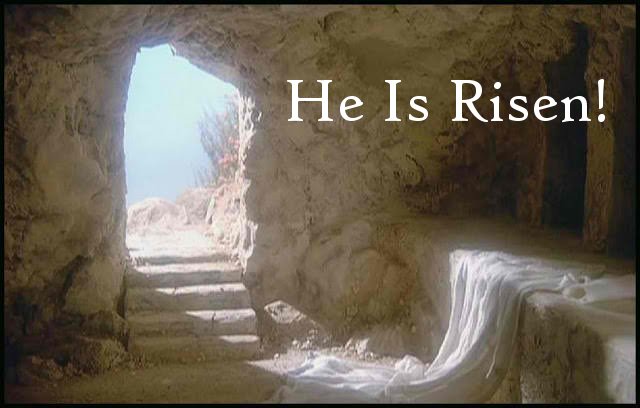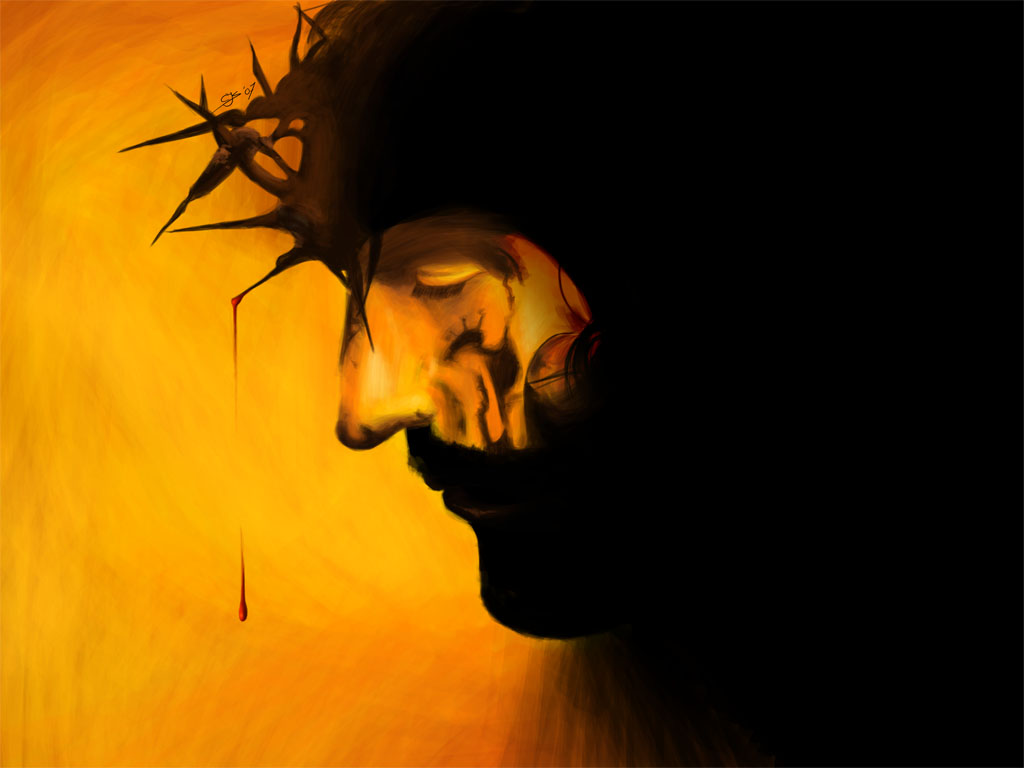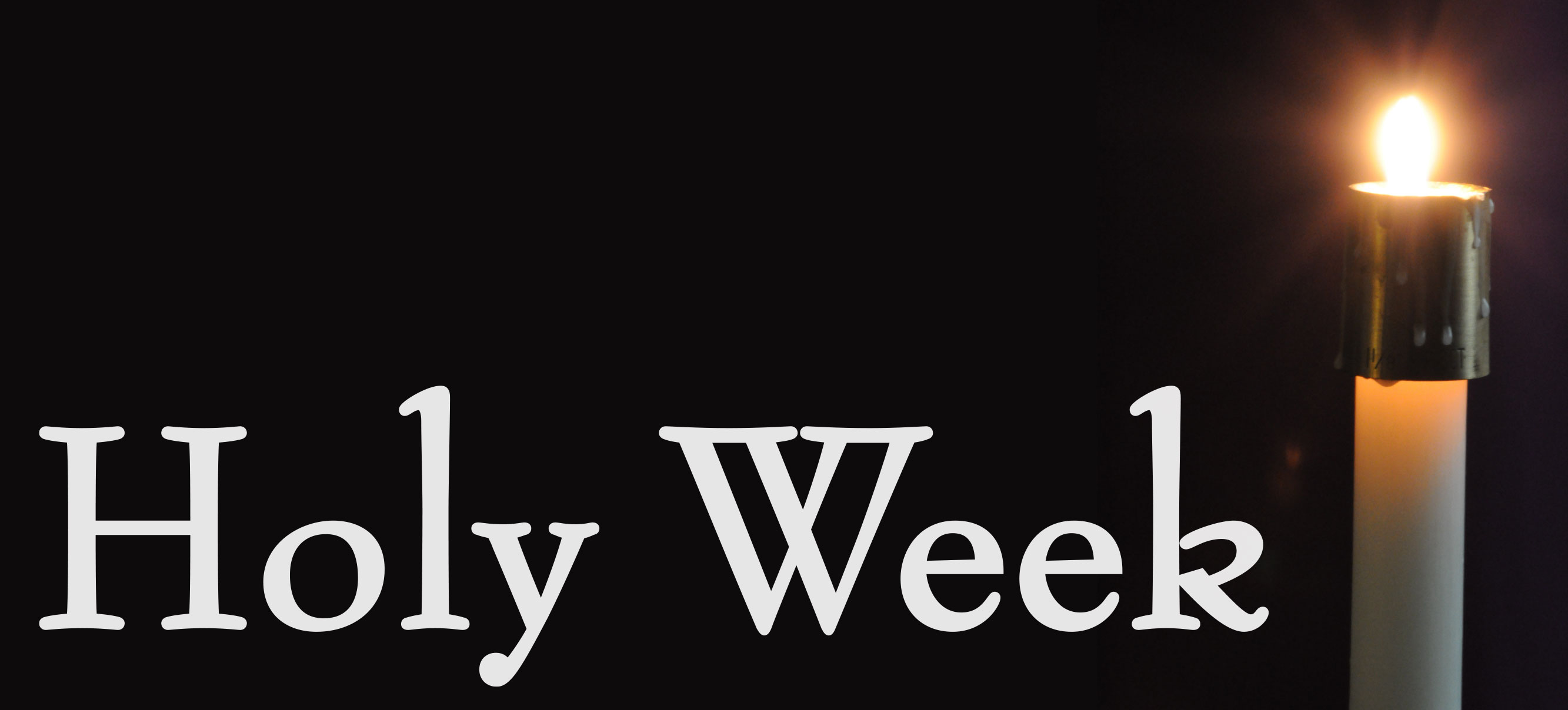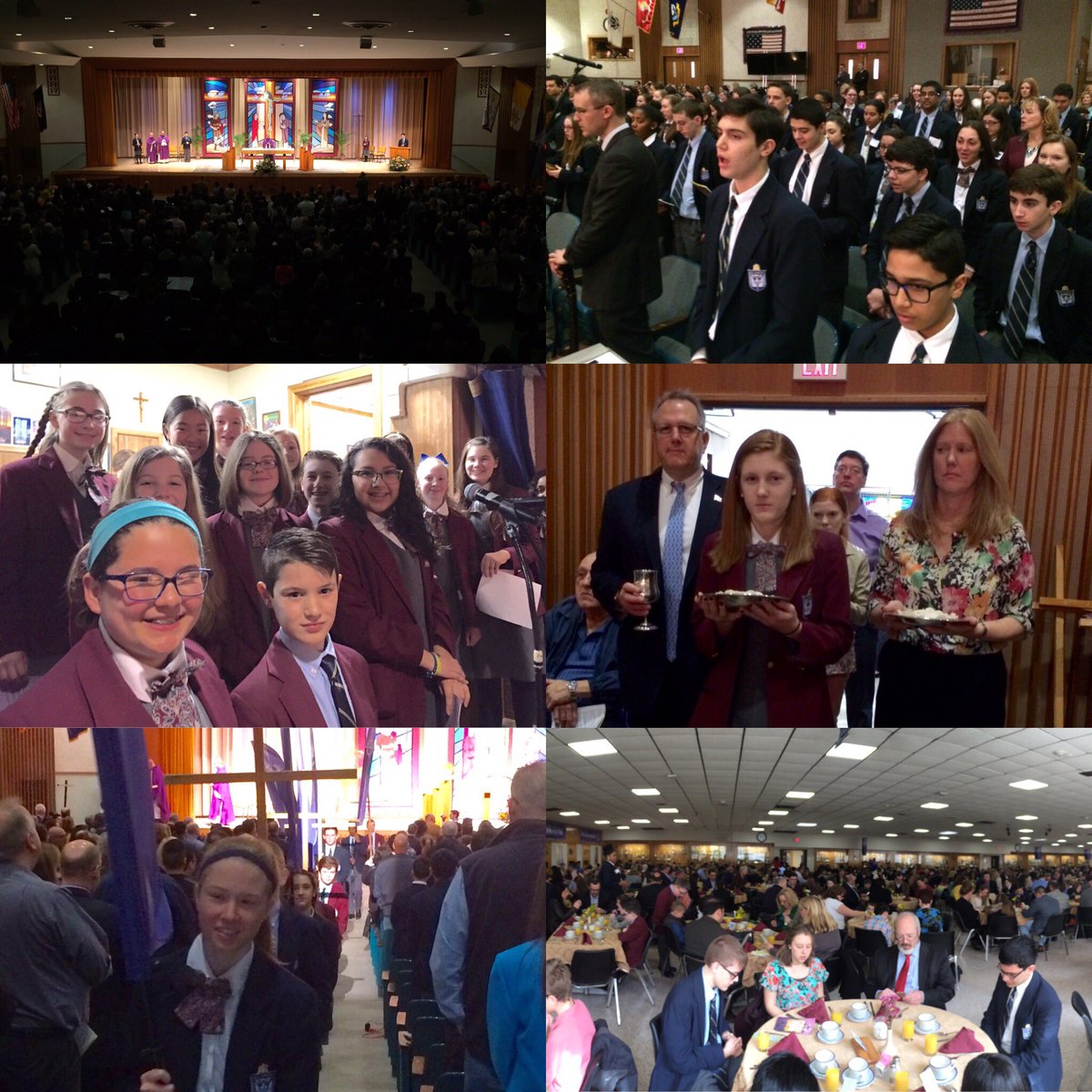How do you suppose they felt, these three women,
Mary Magdalene, Mary the mother of James and Salome?
How do you suppose they felt
as they made their way to Jesus’ tomb?
that first Easter Sunday morning?
They had rested on the Jewish Sabbath
but bright and early on Sunday morning,
these three who had stood at the foot of the Cross
made their way to the tomb
where they had left their dear friend’s body,
late Friday afternoon.
Their mission was to embalm him with spices.
I’m sure the pace they kept was slow,
their steps burdened by loss and grief,
by disappointment in their hearts, confusion in their minds,
and a hollow, aching sadness in their souls.
They felt helpless.
They wondered how they would even get into the tomb,
the stone blocking its entrance was so large and heavy.
They didn’t dress up for the first Easter Sunday.
They weren’t planning a nice brunch for later in the day.
There wasn’t a Cadbury egg or a jelly bean in sight
and they met no bunnies with baskets along the way.
And us? Some of us got dressed up for the occasion.
And maybe that bunny has left us an Easter basket
or a bowl of sweets.
And we are probably going to have
a nice dinner this Easter Sunday afternoon.
We’ve got all that stuff.
The question to ask, however, is this:
Will all that we have fill us as fully
as Mary and Mary and Salome were filled
when their grief was interrupted by the peace and joy
of Jesus rising from the dead?
It’s THE Easter question
and it’s as much a question for me as it is for you:
where is Jesus in my life?
Is he still hanging on the Cross,
a murky mirror of my own pain and suffering?
Am I stuck in Good Friday, awash in troubles,
with little trust or hope?
Have loss and confusion and disappointment
and the dull ache of sadness
rolled a stone against my heart,
entombing me in my fears and my anxieties?
Or am I making my way towards the tomb,
one, heavy step at a time,
slowly making my way to find Jesus,
even a Jesus who has died,
so that I might get at least that close to him?
Or perhaps I’ve arrived at the tomb
and concluded by virtue of my own inspection that indeed –
there is no Jesus –
just an empty hole in the earth which others
(fools that they are!) take as proof of something that is - not.
Or: perhaps like the two Mary’s and Salome,
I’ve arrived at the tomb to find in its unexpected,
unanticipated emptiness
the healing of yesterday’s pain and suffering
and reason to hope that all is not lost;
that even what I thought was gone forever,
what I was sure I had buried,
what I thought I’d never find or see or love again: LIVES !
I thank God that Jesus rose from the dead 2000 years before
the invention of smart phones.
I thank God that the news of the resurrection wasn’t Tweeted
or texted, or FaceBooked or emailed.
I thank God that the angel at the tomb
told Mary and Mary and Salome:
“You - go tell Peter, go tell the disciples, go tell the others.
Tell them what you’ve seen, what you’ve come to believe:
that Jesus is afoot and he’s going ahead of you
and you’re going to see him, they’re going to see him again.”
And that, of course, is what I’m doing right now.
I’m telling you what I know in my own life.
It’s some 2,000 years since Jesus’ death
but I’ve often been stuck in the pain of Good Friday.
I’ve never been to the Holy Land
but I know what it is to confront a stone
rolled against the door of my heart and keeping me from peace.
And though I’ve never had an actual vision of Jesus,
I have seen him and found him in times and places
that first seemed empty and then, unexpectedly
filled with unanticipated life when, with faith and with courage
I walked into that emptiness
and allowed God’s Spirit to fill me.
And I have seen Jesus, the risen Jesus, in you.
I have seen Jesus healing your hearts and calming your confusion.
I have seen Jesus strengthening your resolve and easing your grief.
I have seen Jesus in you when, like him, you put the needs of others
ahead of your own, with a love that empties itself to fill another.
I invite you, then, to ask the Lord’s help
in taking down your suffering from Friday’s Cross
and putting it to rest in his outstretched arms.
I invite you to believe, deeply,
that what you’ve locked in - can be set free,
that what you’ve buried - can rise again,
that every empty place in your heart is waiting to be filled
with the love of Jesus who has risen from the dead
and goes ahead of you to be there for you
wherever your path may take you.
And I invite you to share your story with others,
just as Peter did, sitting down with that family
and telling them the story of Jesus.
In the next day or so, someone’s going to ask you,
“How was your Easter?”
Be prepared to share something in response
beyond baskets and bunnies and brunch.
Be prepared to share how you know Jesus
and how his peace has risen in your heart.
Jesus does indeed go before us
and the first place he’ll meet us this Easter
is here at his table.
Before any of us goes off to brunch or Easter dinner,
the Risen Jesus invites to his Supper
and to share in the gift he offered us on the Cross, his life,
now in his Body and Blood in the Bread and Cup of Communion.
Come to his table and ask the Risen Jesus to fill your heart’s emptiness
with the fullness of his joy and peace.



 That’s the mercy of Jesus, the most innocent of all, who suffered,
That’s the mercy of Jesus, the most innocent of all, who suffered, Have you ever been just about done with a big piece of work when someone shows up, much too late, and asks, “Is there anything I can do to help you?”
Have you ever been just about done with a big piece of work when someone shows up, much too late, and asks, “Is there anything I can do to help you?”





 Wednesday of Holy Week (today) is sometimes called Spy Wednesday because today's Gospel tells how Judas (the "spy") conspired to betray Christ and hand him over to the authorities for thirty pieces of silver:
Wednesday of Holy Week (today) is sometimes called Spy Wednesday because today's Gospel tells how Judas (the "spy") conspired to betray Christ and hand him over to the authorities for thirty pieces of silver: 



 Blessed Teresa of Calcutta, the soon-to-be saint — who experienced decades of spiritual darkness while working among the poorest of the poor — also had a practical and down-to-earth (and very memorable) way of speaking and teaching what she knew. Here is how she advised us to cultivate humility in our lives.
Blessed Teresa of Calcutta, the soon-to-be saint — who experienced decades of spiritual darkness while working among the poorest of the poor — also had a practical and down-to-earth (and very memorable) way of speaking and teaching what she knew. Here is how she advised us to cultivate humility in our lives.







